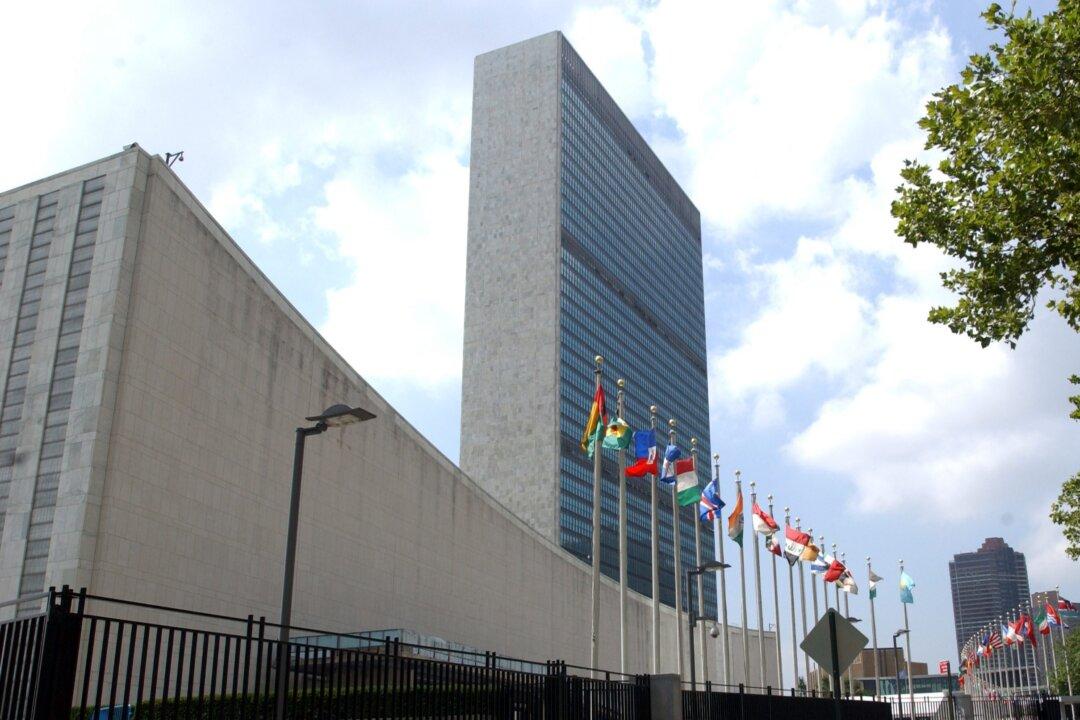Billionaire and former New York City Mayor Michael Bloomberg has pledged that Bloomberg Philanthropies will fill the funding gap for the United Nations’ climate body in response to anticipated cuts from the Trump administration.
In a public statement on Thursday, Bloomberg Philanthropies said it will step up its financial support for the U.N. Framework Convention on Climate Change (UNFCCC) to keep the organization fully funded.





